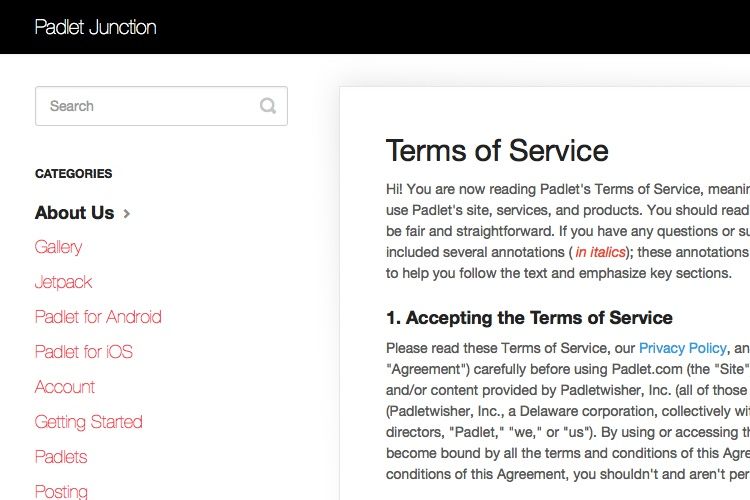In today’s digital age, terms of service and privacy policies are essential components of any tech company’s website. These documents not only protect your business legally but also help to establish trust with your users. However, writing effective terms of service and privacy policies can be a daunting task. In this article, we will provide you with some tips and best practices for creating clear and concise legal documents that will protect both your company and your users.
1. Keep it Simple and Clear
One of the most important things to remember when writing terms of service and privacy policies is to keep the language simple and clear. Avoid using technical jargon or legal terms that your users may not understand. Use plain language that is easy to read and comprehend. This will ensure that your users are fully informed of their rights and responsibilities.
2. Be Transparent
Transparency is key when it comes to terms of service and privacy policies. Clearly outline what data you collect, how it is used, and who it is shared with. Be upfront about any potential risks or limitations of your service. By being transparent, you build trust with your users and demonstrate your commitment to protecting their privacy.
3. Update Regularly
The tech industry is constantly evolving, and so are laws and regulations related to data privacy. It is essential to regularly update your terms of service and privacy policies to ensure that they remain compliant with the latest legal requirements. Failure to do so could result in legal consequences for your company.
4. Seek Legal Advice
If you are unsure about any aspect of your terms of service or privacy policy, it is always best to seek legal advice. An experienced attorney can help you navigate the complex legal landscape and ensure that your documents are legally sound. This will provide you with peace of mind and protect your company from potential legal risks.
5. Make it Accessible
Make sure that your terms of service and privacy policies are easily accessible on your website. Provide clear links to these documents in your footer or navigation menu. Additionally, consider using pop-ups or banners to draw attention to updates or changes to these documents. By making them readily available, you ensure that your users are informed of their rights and obligations.
6. Get Feedback
Before finalizing your terms of service and privacy policies, consider getting feedback from your users. Conduct user testing to ensure that the language is clear and comprehensible. Solicit feedback through surveys or focus groups to identify any areas for improvement. By involving your users in the process, you can create documents that meet their needs and expectations.
In conclusion, writing effective terms of service and privacy policies is essential for any tech company. By keeping the language simple and clear, being transparent, updating regularly, seeking legal advice, making it accessible, and getting feedback, you can create legal documents that protect both your company and your users. By following these tips and best practices, you can ensure that your terms of service and privacy policies are legally sound and instill trust with your users.
